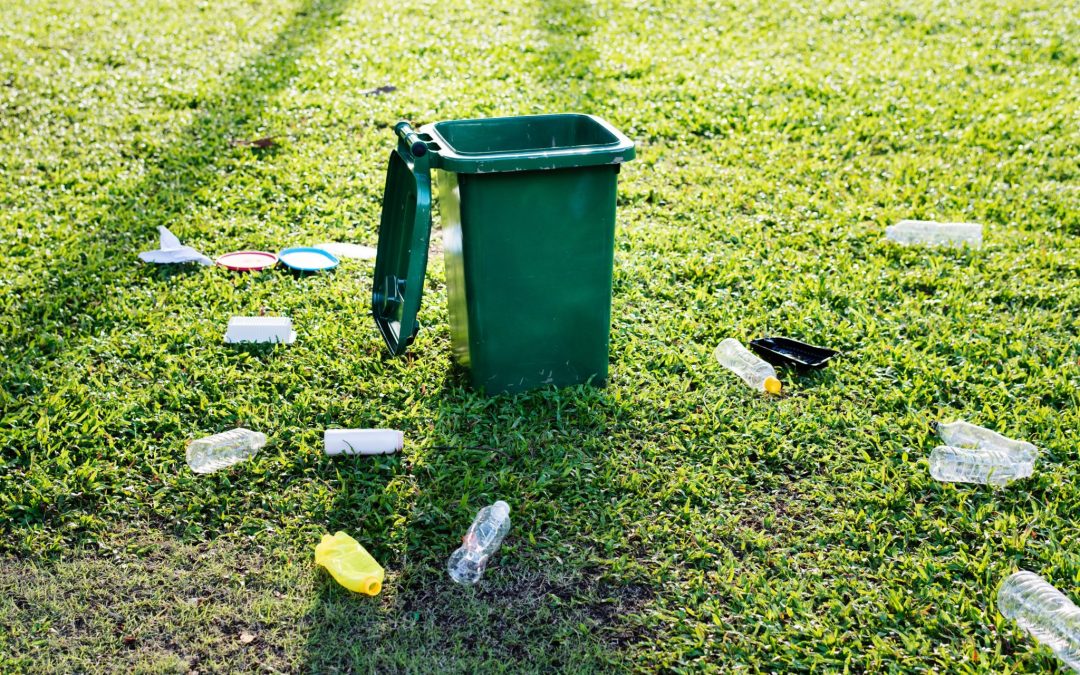As “being green” becomes more trendy, there are a few practices and habits we should be aware of. These trends label themselves as ‘green’ or ‘eco-friendly’, however, our understanding of what is environmentally friendly isn’t always correct. Here are a few things to be cautious of.
1. Continually buying new sustainable products
While it may feel great to buy environmentally sustainable products, there are still copious amounts of resources going into the production of these products. Don’t need it? Don’t buy it.
Look at grocery bags for example. There is far more energy used to create bags made from recycled materials than to produce those single-use plastic grocery store bags. According to the Environment Agency of England and Wales, you need to use your reusable bag 11 times for the bag to have a smaller environmental footprint than a single-use plastic bag. The benefit of these bags can only be seen if they are reused enough to outweigh the impact of the disposable product.
2. Driving somewhere to get your plastic free product
Working towards a plastic free life is incredible, but all that hard work may be rendered useless if you hop in a fossil fuel guzzling vehicle to find those products. You don’t need us to tell you how damaging carbon emissions are. On your way to your favourite plastic free store try biking, taking the bus, or walking.
3. Focusing only on recycling
Diverting waste from the landfill is important, but simply focusing on recycling is not enough. There are still enormous amounts of resources and energy used in collecting, transporting, and the recycling process itself that are damaging to our environment. Focusing on reducing and ensuring you use products you do have for as long as possible is crucial.
4. Going carless is still better than driving an electric car
Though electric cars are a healthy alternative to gas or diesel vehicles, there are many indirect carbon emissions associated with the production of these cars. The resources used in mining, refining the materials, processing, and manufacturing of the battery alone can be incredibly damaging. Additionally, most of these vehicles run on electricity generated by burning fossil fuels.
5. Buying ‘green’ products without researching them
From fast-food burgers to cleaning products, corporations make claims about their sustainability all the time. Sadly, not all of their claims are true. Greenwashing is sweeping the marketing world to appeal to environmentally conscious consumers by using misleading claims that don’t mean much. These corporations are deceiving consumers in the name of profit while continuing to pollute our oceans, prairies, and forests. The often referred to ‘Seven Deadly Sins of Greenwashing’ include tricks companies use and how we can learn to avoid them. Be sure your research is done on the products you are buying and remember, even if these products are truly sustainable, buying more stuff isn’t the solution to environmental issues.




Find me the person who doesn’t use their reusable shopping bag more than 11 times!! Thanks for taking a positive step and turning it defeatist. People are easily dissuaded from the changes they need to make, stop giving them the excuse.